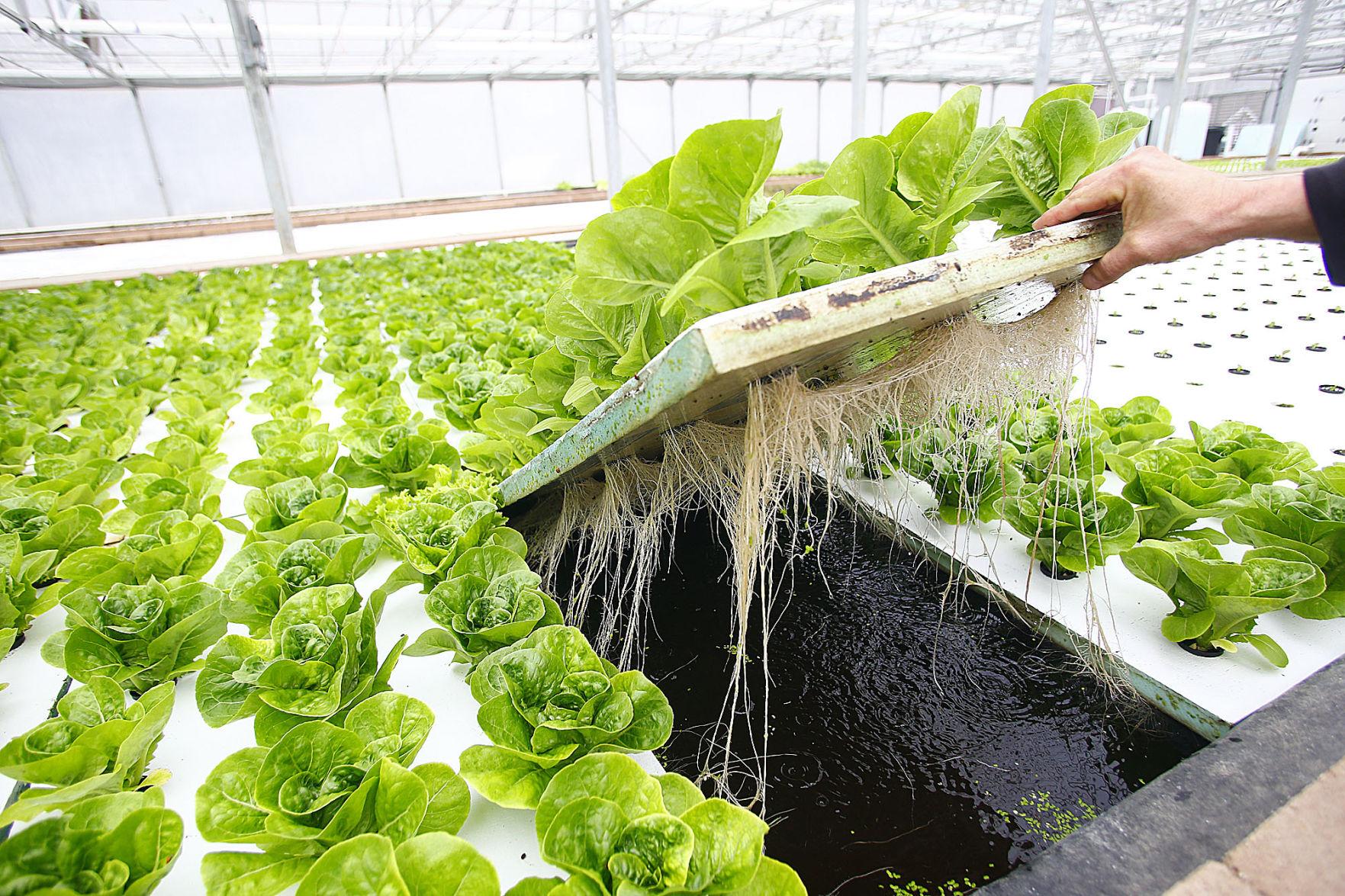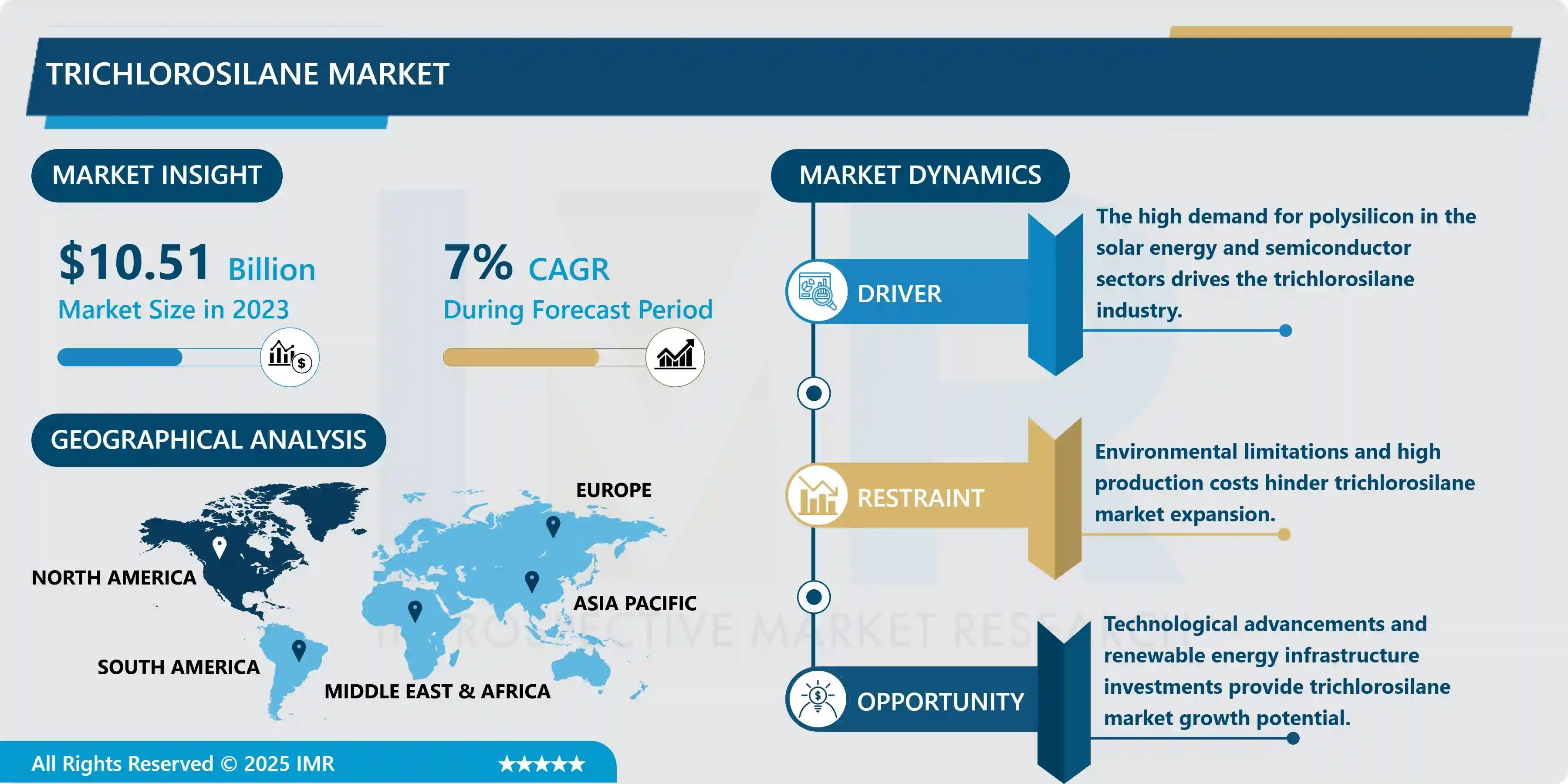Latin America Biofuels: Powering the Region’s Low-Carbon Future

Introduction
The Latin America Biofuels Market is expanding rapidly as the region strengthens its position as a global leader in renewable liquid fuels. Biofuels—primarily ethanol and biodiesel—are integral to Latin America’s energy mix, driven by abundant biomass resources, strong agricultural production, and long-standing government blending mandates. With global emphasis on reducing transport-sector emissions and diversifying away from fossil fuels, Latin America is leveraging sugarcane, corn, soybean oil, palm oil, and emerging feedstocks to scale low-carbon fuels. Countries such as Brazil, Argentina, and Colombia are advancing second-generation (2G) biofuels and sustainable aviation fuels (SAF) to meet domestic and export demand. As energy security, emission reduction targets, and rural economic development gain priority, biofuels are central to Latin America’s decarbonization and clean-mobility strategies.
Market Drivers
Government blending mandates remain the single largest growth driver for the Latin America biofuels market. Brazil leads with decades-long ethanol blending policies, flex-fuel vehicle adoption, and sugarcane-based biorefineries that offer one of the world’s lowest-carbon ethanol pathways. Argentina and Colombia maintain biodiesel and ethanol blending programs that support domestic agriculture and rural economies. Strong agricultural capacity and favorable agro-climatic conditions enable large feedstock availability at competitive cost, making Latin America a global biofuel supplier. Rising fuel demand, urbanization, and transportation expansion push countries to enhance domestic renewable fuel output for energy security. Growing interest in sustainable aviation fuel (SAF) and global decarbonization commitments are driving investment in 2G biofuels and advanced conversion technologies. Export opportunities to North America and Europe—where biofuel demand is rising due to climate regulations—further support market growth.
Market Challenges
Feedstock price volatility remains a major challenge, as biofuel production is closely linked to agricultural commodity markets. Competing land use for food production and bioenergy raises sustainability and food-security concerns, particularly during droughts or crop disruptions. Variations in government policy consistency can affect investor confidence, as blending mandates and subsidy structures may change with political cycles. Infrastructure limitations, such as logistics for ethanol distribution, blending terminals, and storage, hinder efficiency and scalability in some nations. Sustainability criteria—especially from international buyers—require traceability, certification, and reduced land-use change, increasing compliance complexity. Export competitiveness can be affected by trade policies, tariffs, and certification requirements in key markets such as the U.S. and Europe.
Market Opportunities
Advanced biofuels offer strong long-term growth potential. Second-generation ethanol from bagasse, agricultural residues, and non-food biomass enables higher output without adding land pressure. Sustainable aviation fuel (SAF) production from alcohol-to-jet, HEFA, and Fischer–Tropsch pathways presents a major export opportunity as airlines and global markets commit to low-carbon aviation. Biogas and biomethane derived from agricultural waste and manure can complement liquid biofuels, supporting transport and power applications. Integration of carbon capture, utilization, and storage (CCUS) with ethanol plants can deliver ultra-low-carbon fuels attractive to premium export markets. Domestic adoption of bio-based marine fuels and renewable diesel for heavy transport and logistics hubs can further diversify demand. Regional cooperation among Mercosur countries can enhance trade, technology sharing, and supply chain synergies.
Regional Insights
Brazil dominates the Latin America biofuels market with large-scale sugarcane ethanol production, flex-fuel vehicle penetration, and significant biodiesel capacity. The country continues innovating with 2G ethanol and SAF pilots enabled by strong research and industrial ecosystems. Argentina remains a key biodiesel producer based on soybean feedstock, though policy shifts influence output variability. Colombia and Peru maintain ethanol and biodiesel blending programs supported by domestic feedstock production. Paraguay and Guatemala are emerging players in ethanol exports, leveraging sugarcane production efficiency. Mexico is gradually expanding biofuel policies and exploring supply development as part of broader energy diversification. Caribbean nations, with agricultural output and strategic proximity to North America, explore biofuel processing and export models.
Future Outlook
The future of the Latin America Biofuels Market will be shaped by technology upgrades, sustainability standards, and global low-carbon fuel demand. 2G biofuels and SAF are expected to scale, supported by technology partnerships, international finance, and airline offtake agreements. Digitalization and precision agriculture will make feedstock cultivation more efficient and carbon-optimized. Expansion of biorefineries and integration of multiple product streams—biofuels, biochemicals, biogas, and renewable power—will create circular-economy energy hubs. Countries are likely to strengthen policy frameworks to ensure long-term investor confidence, maintain food-fuel balance, and promote sustainable land use. By the 2030s, Latin America is expected to reinforce its role as a leading regional and global supplier of low-carbon biofuels, contributing significantly to transport decarbonization.
Conclusion
The Latin America Biofuels Market is positioned for strong growth as the region leverages agricultural strength, government policy support, and technological innovation to expand renewable fuel production. While feedstock competition, policy variability, and sustainability requirements pose challenges, opportunities are rising in advanced biofuels, SAF, and export-oriented strategies. As nations pursue energy security and climate goals, biofuels will remain a cornerstone of Latin America’s clean-mobility and low-carbon transition. Companies that invest in sustainable feedstocks, advanced conversion technologies, and value-chain integration will play a pivotal role in shaping the region’s biofuel future.




